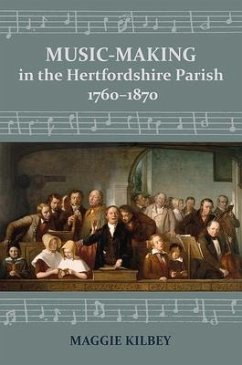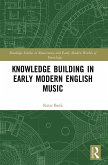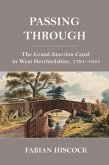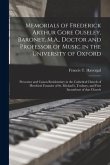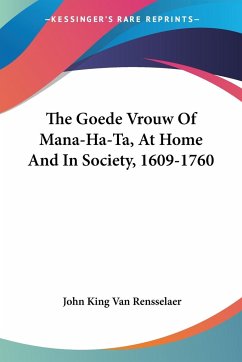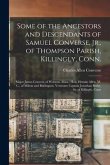The standard of congregational singing in mid-eighteenth-century parish churches was often in a parlous state, a situation viewed with alarm by many influential clergy and social commentators. In this authoritative study, Maggie Kilbey explores attempts to improve parochial music-making over the following century and the factors that played a part in their success or failure. Using Hertfordshire as a basis, original research by this respected author and historian uses a wide range of documentary evidence to reveal a complicated picture of influence and interaction between the gentry, clergymen, and their parishioners. Her innovative approach to the social history of church music-making sheds light on interactions between militia and church bands, singers, organists, the role of charity school children, and the use of barrel organs. Because of its proximity to London, Hertfordshire was particularly attractive to elites with an interest in the capital, and fell under the influence of metropolitan music-making more readily than less accessible parts of England. The involvement of both fashion-conscious and socially aware gentry was mirrored by those further down the social scale, and formed part of a complex pattern of support for church music-making. Unsurprisingly, this support was not universal, and often short-lived once initial enthusiasm or funding ran out. Consequently, although many attempts were made to 'improve' music-making in parish churches, sooner or later these were considered to be failures, swiftly forgotten--and then tried again. To make matters worse, church rate disputes hampered efforts to improve or sustain parish music-making during the nineteenth century, resulting in financial hardship for organists and other church musicians. Yet this was followed by an 1850s 'singing craze' which led to the formation of many church choirs, alterations to the church fabric, and installation of organs. This investigation into patterns of parochial music-making will appeal to both those with an interest in the history of music-making, and also those with a general interest in the social history of Hertfordshire.
Hinweis: Dieser Artikel kann nur an eine deutsche Lieferadresse ausgeliefert werden.
Hinweis: Dieser Artikel kann nur an eine deutsche Lieferadresse ausgeliefert werden.

